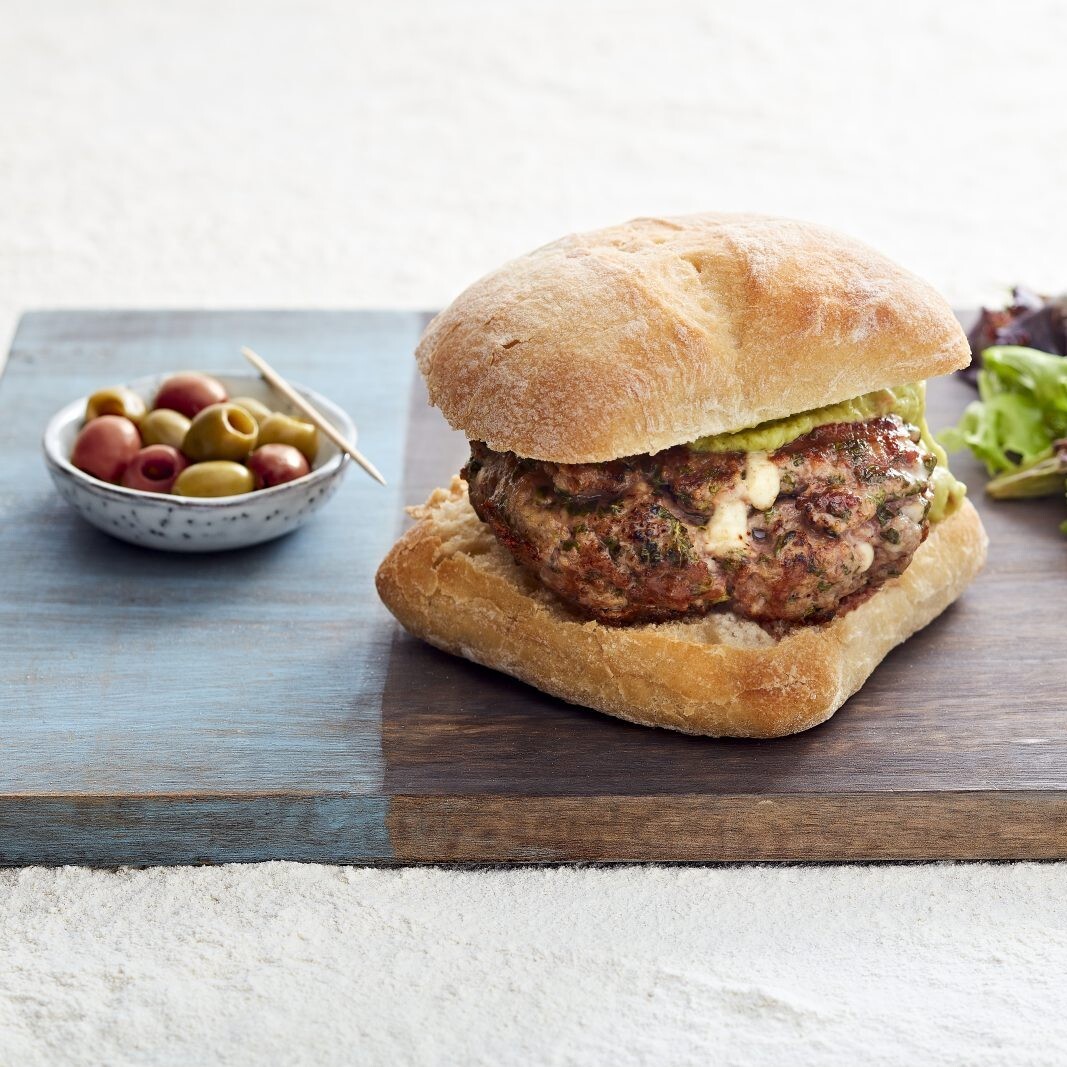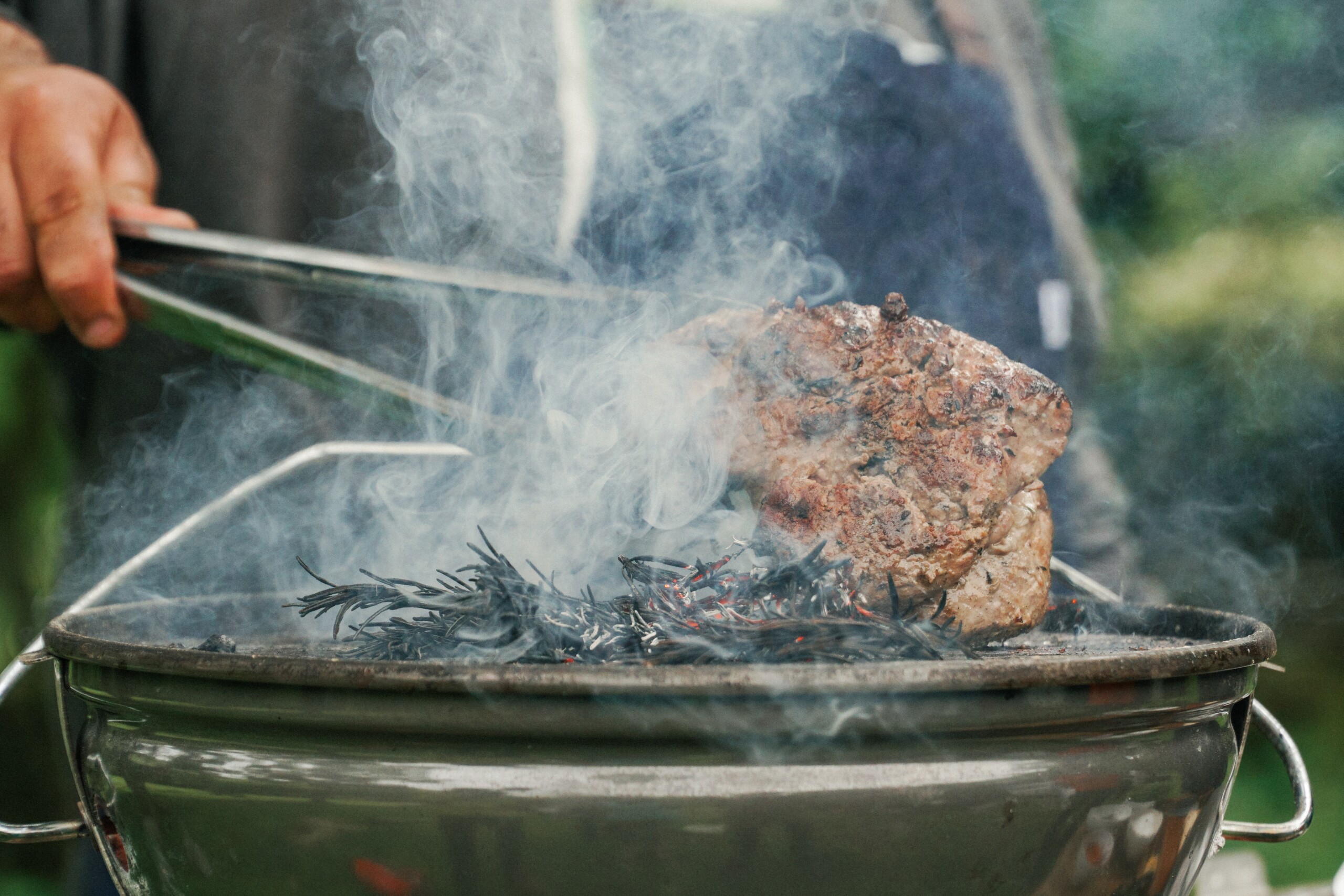https://youtu.be/YAaDvhM55hM
We know that many consumers love the taste of Welsh red meat, but are worried that it’s not ‘healthy’. Well, worry no more. We’ve put together this handy animation and infographic to explain why you can still enjoy Welsh red meat as a core part of a balanced diet, and how it can actually help you on the road to health…
First off, it’s important to remember that no single food contains all the nutrients we need for good health, so it’s important to eat a wide variety of different foods each day. Luckily, Welsh red meat is packed with essential vitamins and minerals. Studies show that these essential nutrients help boost our health and wellbeing, yet despite this many people (across all age groups) are often lacking in them – chances are, that includes you. Red meat’s powerful nutritional goodies include:- Vitamin A (for eye and skin health)
- Vitamin B (for energy release and prevention of fatigue)
- Vitamin D (for bone health and immune function)
- Iron (for oxygen transport, immune and cognitive function)
- Magnesium (for muscle and nervous function)
- Zinc (for nail, hair and reproductive health)
- Selenium (a powerful antioxidant)
- Potassium (for blood pressure control)
- When buying your meat, look for lean cuts with lower fat and saturated fat content
- You can trim off any excess fat before cooking, and skim off extra melted fat that may arise during the cooking process
- Avoid using too much oil or fat during cooking, and grilling rather than frying your meat allows extra fat to drip straight off.



